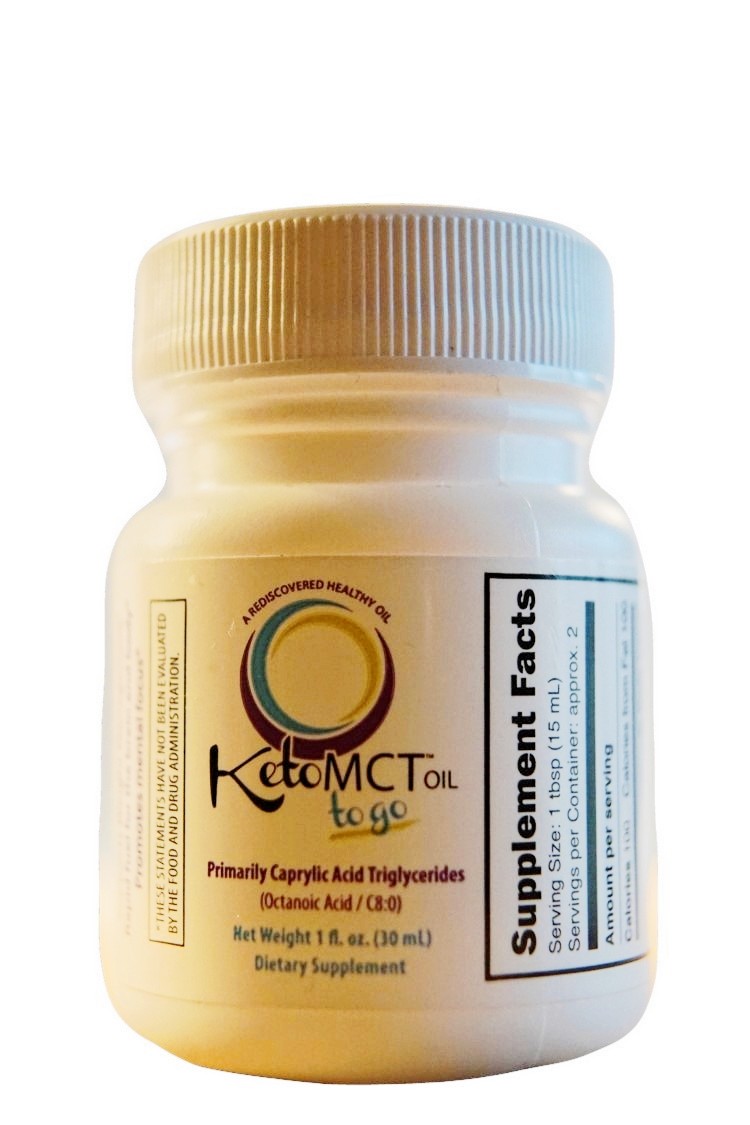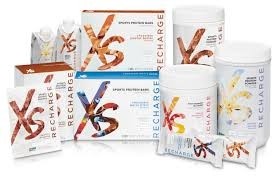MCT product developers tout their 'clean' story

The product, called KetoMCT, is being developed by Anna Berger, a Minneapolis-based MBA holder who is working in conjunction with her husband, Alvin Berger, PhD, a lipid chemist who previously worked with Norwegian company Arctic Nutrition AS on that company’s herring roe omega-3 ingredient. Alvin Berger spoke with NutraIngredients-USA on the new supplement and how it’s differentiated from other supplements that claim to contain MCTs.
“The whole MCT story has gotten pretty exciting. It really started during the low carb, high fat craze,” Berger said. Subsequently the ingredient’s fat-burning properties became interesting to sports nutrition formulators. But Berger said the popularity of the ingredient led to what in his opinion is muddying of the waters surrounding its benefits.
What are MCTs?
“The whole field is really a mess. In the last few years you’ve had the coconut oil people getting on board, claiming their products contain MCTs. It’s important to ask what an MCT is; the coconut people will say that lauric acid (the major constituent of coconut oil) is an MCT but the studies I’ve seen don’t support that,” he said.
“Lauric acid is in fact a long chain fatty acid, whereas to be a true MCT you have to have a C8 or C10 fatty acid,” Berger said.
MCTs are not a new ingredient; Berger said they first came to the market in the 1960s.
“The first use was for intestinal fat malabsorption, and then in the 1980s there was a lot of enthusiasm for its use in endurance sports,” Berger said. The most recent research is pointing toward the potential benefit of MCTs for cognitive support because of the ingredient’s role in promoting the production of keytone bodies, which Berger said can be used by neurons in the brain as an alternative energy source. A progressive inability of neurons to take up adequate amounts of glucose, the primary energy source for the brain, is a feature of some cognitive impairment conditions, Berger said.
The new product is a highly refined derivative of sustainably farmed palm kernel oil and coconut oil, Berger said. The goal for the new supplement was to be crystal clear about what it contained, he said.
“When I helped my wife start the company one of the the goals was to keep it really clean. It’s typically going to be costlier than a straight coconut oil because of the extra processing required,” Berger said. The new product is based on caprylic acid, which is a C8 MCT. The product currently is labeled as “principally caprylic acid triglycerides” though Berger said that will be changed to reflect the percentage, which he said is in the 95% to 99% caprylic acid content range.
















